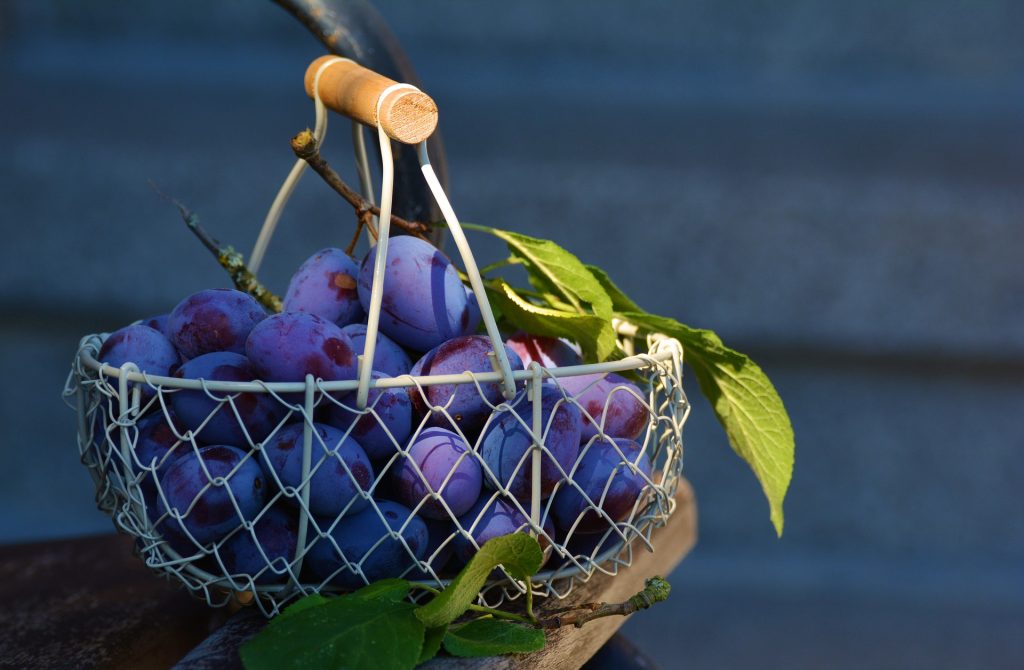 Current evidence suggests that fructose is a primary driver of obesity. Fructose is thought to be able to cause obesity because of the way it is metabolised. Once absorbed fructose fructose does not pass into skeletal muscle like glucose, but instead is processed by the liver. Here it is either synthesised to glycogen, or passess down the de novo lipogenesis pathway to produce fatty acids. Excessive intakes of fructose cause excessive production of fatty acids, and it is thought that these interfere with the insulin signal cascade in cells leading to insulin resistance, a primary driver of weight gain and obesity. Fructose also contributes to obesity because it does not stimulate the release of insulin like glucose, insulin being a strong satiety signal. However, studies show that fructose is only damaging when it is present in its refined crystalline form. Fructose is present in fruit is reasonably high amounts, and yet fruit fructose does not appear to have the same detrimental effects as its refined counterpart.
Current evidence suggests that fructose is a primary driver of obesity. Fructose is thought to be able to cause obesity because of the way it is metabolised. Once absorbed fructose fructose does not pass into skeletal muscle like glucose, but instead is processed by the liver. Here it is either synthesised to glycogen, or passess down the de novo lipogenesis pathway to produce fatty acids. Excessive intakes of fructose cause excessive production of fatty acids, and it is thought that these interfere with the insulin signal cascade in cells leading to insulin resistance, a primary driver of weight gain and obesity. Fructose also contributes to obesity because it does not stimulate the release of insulin like glucose, insulin being a strong satiety signal. However, studies show that fructose is only damaging when it is present in its refined crystalline form. Fructose is present in fruit is reasonably high amounts, and yet fruit fructose does not appear to have the same detrimental effects as its refined counterpart.

Those with the highest intakes of fruit have been shown to have the lowest risk of developing obesity. This may be a cause and effect, as fruit contains a number of nutrients including fibre and antioxidants, that mechanistically could explain the possible weight loss effects. However, the association between fruit consumption and lower body weights could result from some other factor associated with fruit consumers. Those conscious enough to consume more fruit, may for example eat other healthy foods that have weight loss effects. Therefore eating a healthy diet containing fruit might be the real causal factor here.
For example, in one study1 researchers investigated the association between fruit consumption in middle-aged women, with the risk of obesity in later life. The study was a prospective study of over 18,000 women, which means that the researchers looked back on data that had previously been collected. When the researchers assessed the data it showed that 16 years after the initial data was recorded in middle age, 8125 women had become obese (BMI > 25 kg/m2). Analysis of the diets of the women from a food frequency questionnaire at baseline showed that those with the highest intakes of fruit has a reduced risk of developing obesity or becoming overweight. These results do not show a cause and effect, and some other factor associated with fruit intake could be the causative factor in this association. However, it does suggest that fruit intake is not associated with obesity or weight gain, and this adds further weight to the argument that fructose from fruit is not nutritionally detrimental in the same way as refined crystalline fructose.
RdB
